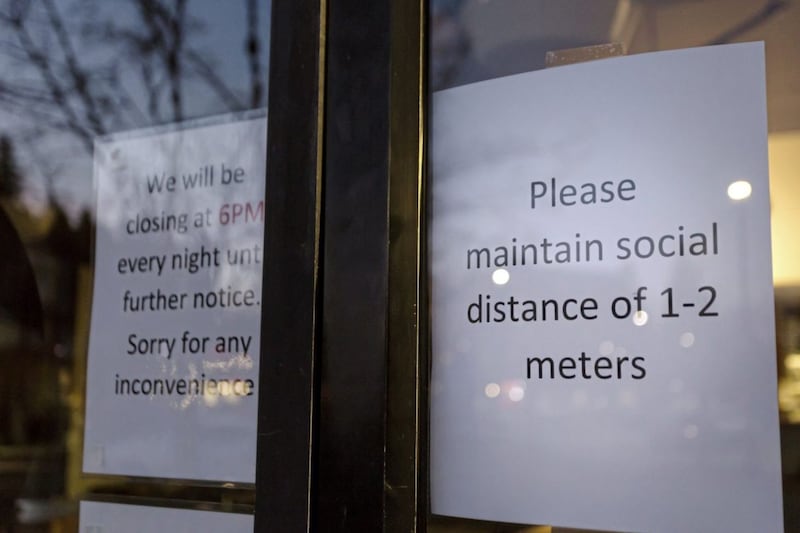WITH just a couple of days until polling, referendum campaigning has reached saturation point and, after what seems a political eternity, we’re finally reaching decision time.
There can't be any complaints that the issues haven’t been fully debated, although concrete facts and figures have been hard to come by as both sides have attempted to predict the future through the lens of their particular ambitions.
One good thing about the debate has been the amount of airtime given to the UK’s place in the world and the vital importance of exporters and importers to the national economy.
Never have bodies such as the World Trade Organisation or concepts such as free trade, tariffs and customs unions been so well debated for the benefit of the general public.
It does no harm, from time to time, to remind ourselves that as a trading nation much of our wealth - and ability to pay for public services - is determined by the strength of our exports. On Thursday, voters will make a choice that will profoundly affect our trading relationships with the EU and the rest of the world.
For business, trading brings risks and opportunities. New markets and new income streams can deliver great rewards. Globalisation, technology, falling shipping costs and low tariffs mean that exporting is no longer the large corporations’ preserve; smaller firms are increasingly getting involved.
Globalisation, however, also means that supply chains and the distance between debtors and creditors can span the globe. Business is less personal. Things can and do go wrong, customers may choose not to or may not be able to pay. This would be a blow for any business, but smaller firms are particularly vulnerable.
SMEs can mitigate these risks though trade credit insurance to protect against customers’ failure to pay or substantial delays in the receipt of payment.
Just this month the Association of British Insurers released figures showing that last year 7,000 trade credit insurance policies were taken out by UK SMEs, nearly 60 per cent of all policies. Those SMEs made almost 4,400 claims (40 per cent of the total) and insurers paid out almost £36m.
Policies typically cover around 90 per cent of customers’ outstanding debts and are available in two main types, ‘whole turnover’ which covers your entire debtors’ book and ‘specific account’ which only applies to selected accounts.
The policies can also be extended to include ‘pre-delivery work in progress’ should a client become insolvent and is no longer in a position to cover costs already incurred.
While we always recommend seeking professional insurance advice for any product, this is particularly true for trade credit. Premiums depend on your business’ risk and sector, the amount of turnover to be insured, customer demographics and the strength of your firm’s credit management.
An ill-fitting trade credit policy will be of little use, so make sure you seek bespoke cover. Trade credit insurance is a small, specialised field that demands careful risk assessment to design a policy that keeps you above water should your customers go under.
Although no-one can predict the future – be that ‘Leave’ or ‘Remain’ – business doesn't like uncertainty and it is clear that many firms are sitting tight on investment decisions pending the referendum’s outcome. There are also concerns that Brexit will – at least in the short term - have a negative impact on growth, not just in the UK, but in our key trading partners in the EU.
Downturns in the economy invariably increase the rate of small business insolvency and that – in turn – may increase risk and the need for trade credit insurance.
On Thursday voters go to the polls in the most important political decision for a generation. I don’t pretend to be a soothsayer, but I do know that there is no ‘insurance policy’ for voters to mitigate the impact of their decision. For SMEs, however, trade credit insurance offers the option for a safety net should one be required.
:: Michael Blaney is managing director of Autoline Insurance Group (autoline.co.uk)








